




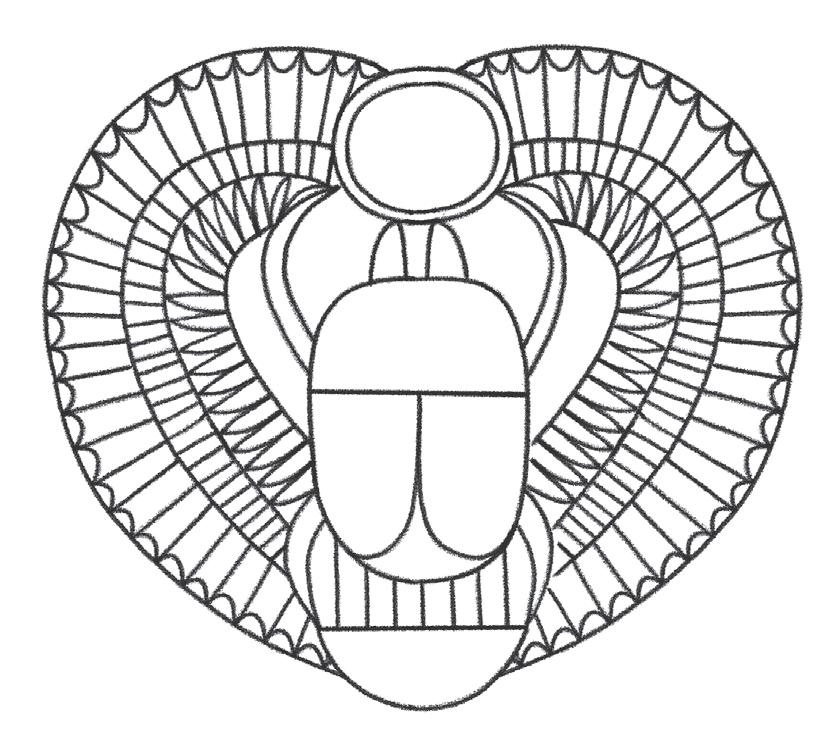
First published 2024 by Nosy Crow Ltd
Wheat Wharf, 14 Shad Thames, London, SE1 2XZ, UK
Nosy Crow Eireann Ltd
44 Orchard Grove, Kenmare, Co Kerry, V93 FY22, Ireland
www.nosycrow.com
ISBN 978 1 83994 999 9
Nosy Crow and associated logos are trademarks and/or registered trademarks of Nosy Crow Ltd.
Published in collaboration with the British Museum.
With special thanks to Dr Rebecca Whiting for her contribution and advice.
Text © Nosy Crow 2024
Illustrations © Andy Passchier 2024
The right of Nosy Crow to be identified as the author and Andy Passchier to be identified as the illustrator of this work has been asserted.
All rights reserved.
This book is sold subject to the condition that it shall not, by way of trade or otherwise, be lent, hired out or otherwise circulated in any form of binding or cover other than that in which it is published. No part of this publication may be reproduced, stored in a retrieval system, or transmitted in any form or by any means (electronic, mechanical, photocopying, recording or otherwise) without the prior written permission of Nosy Crow Ltd.
A CIP catalogue record for this book is available from the British Library.
Printed in China.
Papers used by Nosy Crow are made from wood grown in sustainable forests. 1
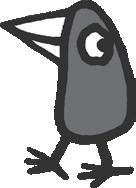
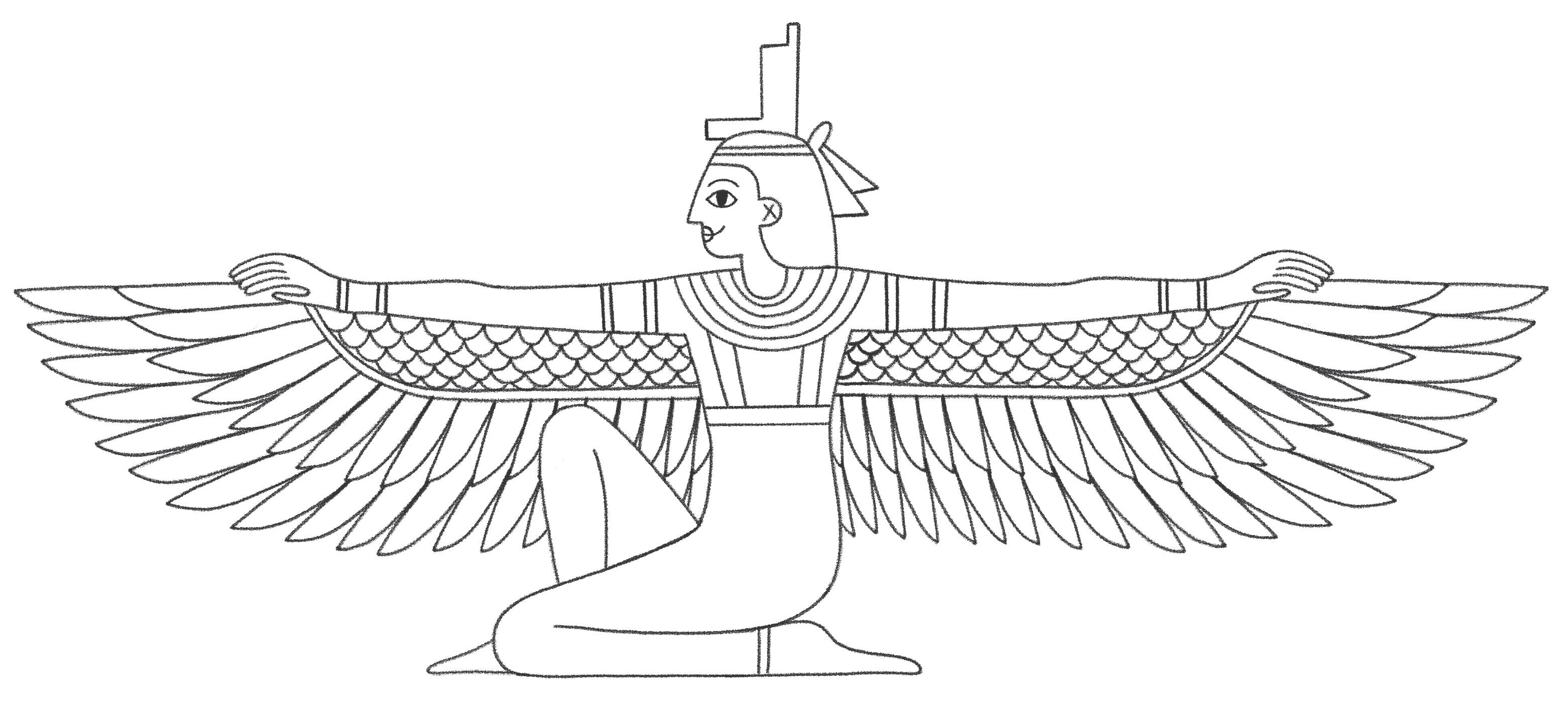
illustrated by

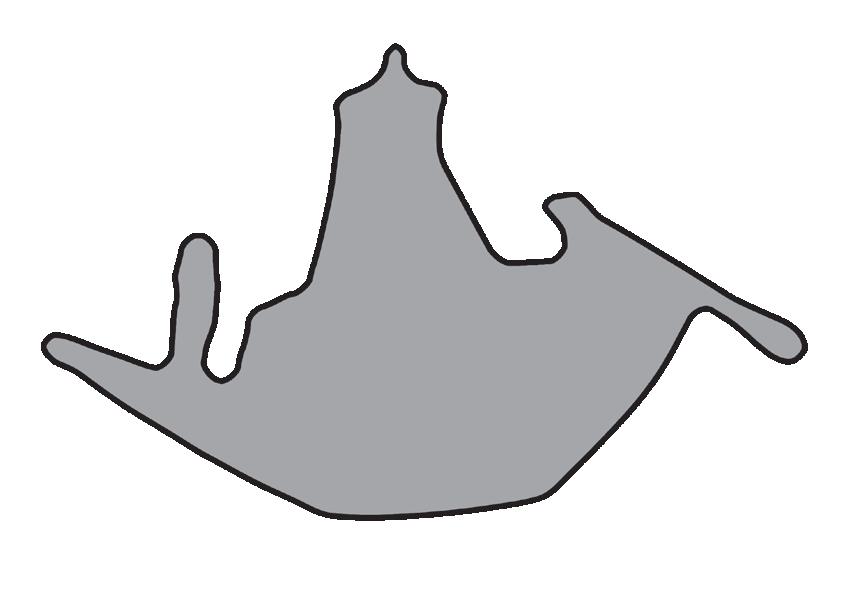
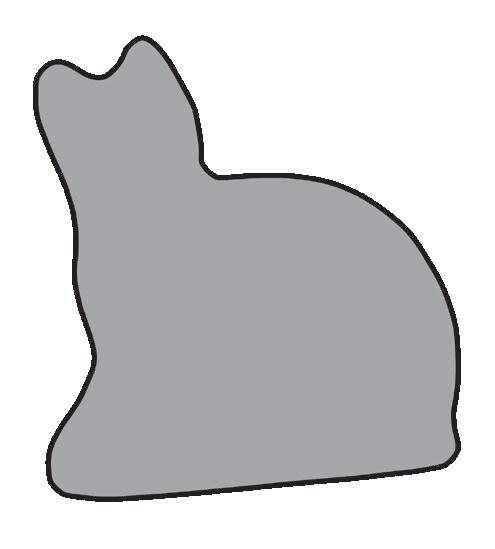
When you see a shape like this, it’s time to start stickering!
Building the Pyramids
At the Market
Clothes and Jewellery
Funeral Procession
Mummies and Coffins
Mummification Chamber
Home Sweet Home
Wildlife
Festive Banquet
Pottery and Sculpture
Sports and Hobbies

Page 6-7
Page 8-9
Page 10-11
Page 12-13
Page 14-15
Page 16-17
Page 18-19
Page 20-21
Page 22-23
Page 24-25
Page 26-27
Music, Toys and Games
By the River
Amulets and Trinkets
At the Temple
Gods and Goddesses
Scribe School
Tomb Paintings and Hieroglyphs
Festival on the Nile
Sticker Object List

Page 28-29
Page 30-31
Page 32-33
Page 34-35
Page 36-37
Page 38-39
Page 40-41
Page 42-43
Page 44-45
Page 46-47
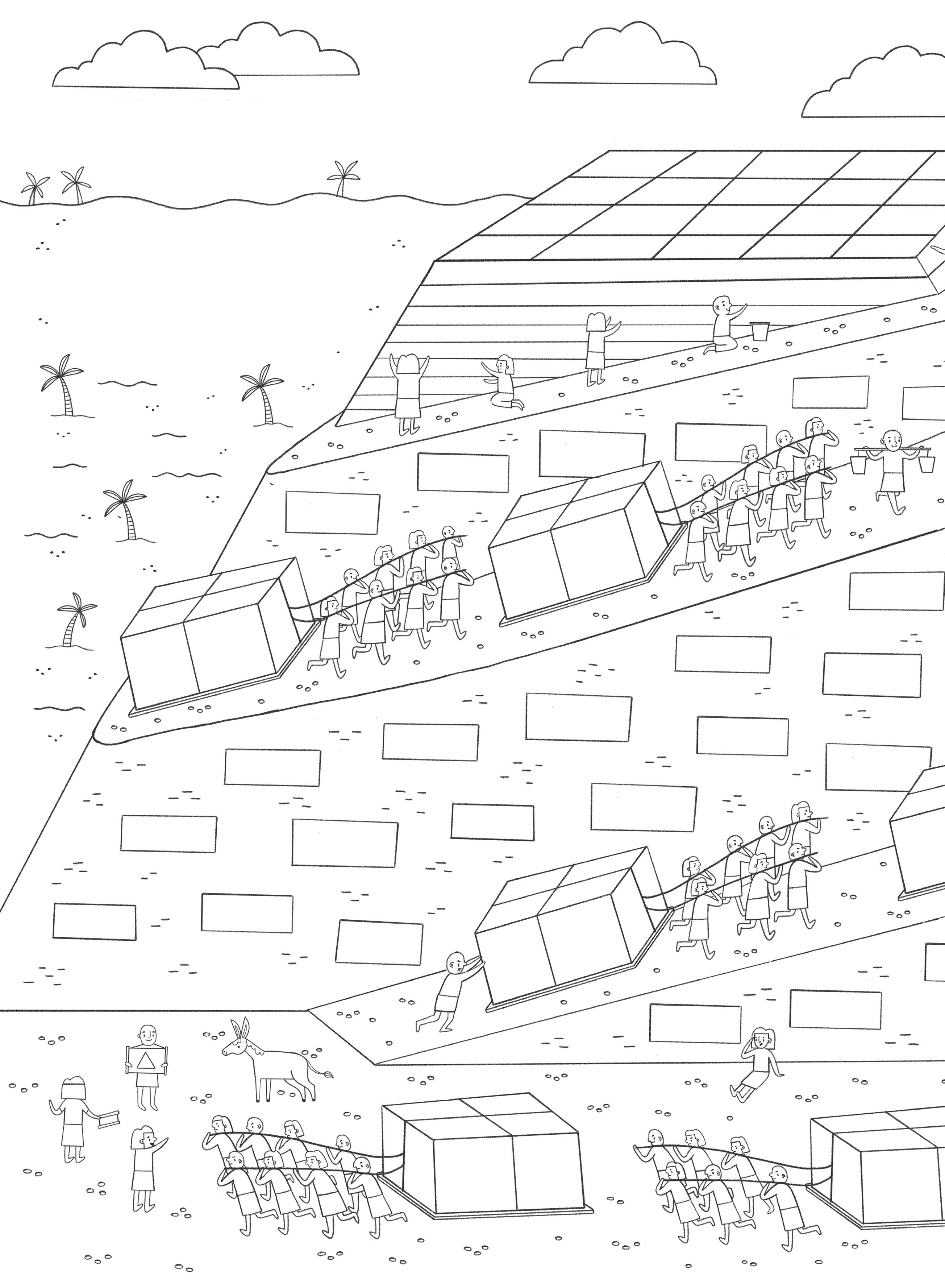
The largest pyramids could take over 20 years to build! They were used as tombs for kings, also known as ‘pharaohs’. In front of one of the famous pyramids in Giza stood a huge statue that had the head of a pharaoh and the body of a lion.
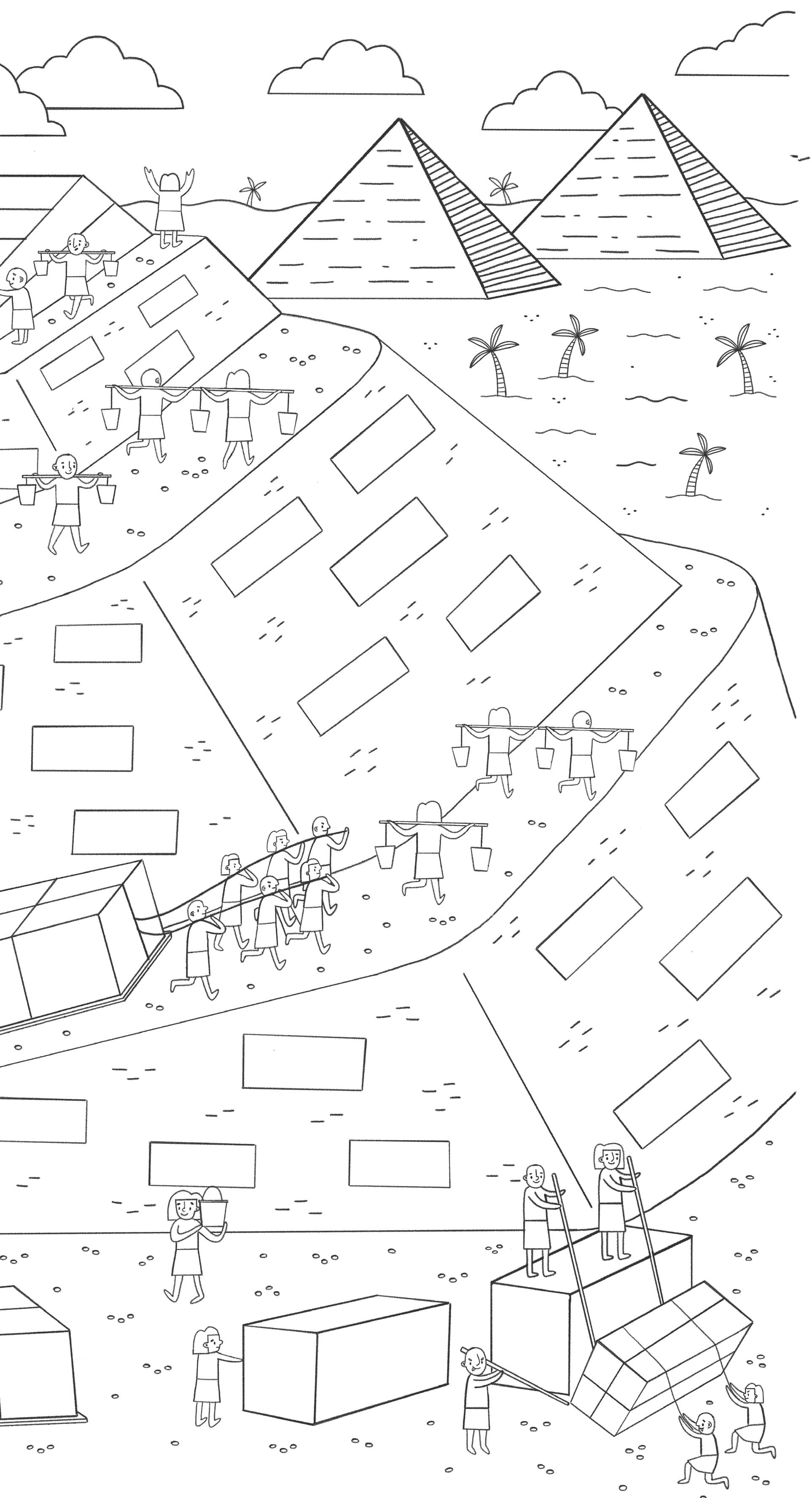

A block like this is called a pyramidion – it’s the pointed piece of stone that goes on the very top of a pyramid.

This is a stone building block from the Great Pyramid, which is the biggest of all the pyramids in Egypt.
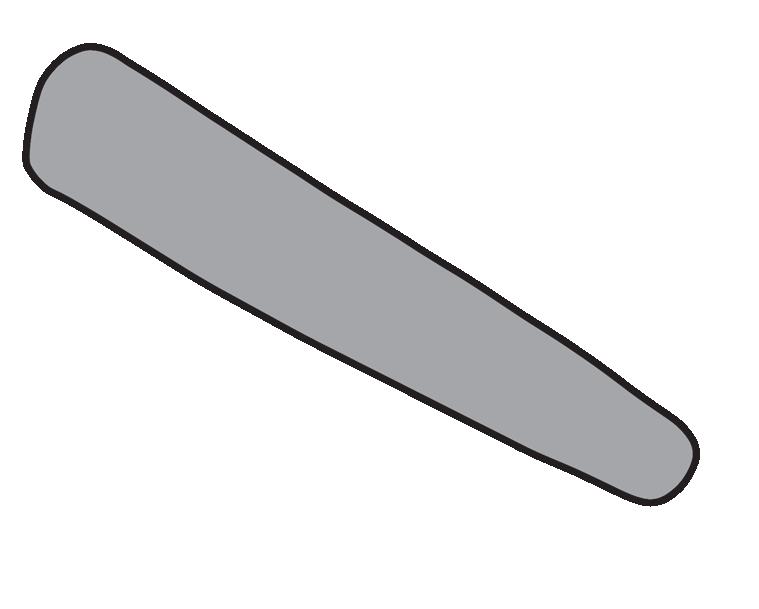
This chisel is made out of stone and has one narrow end for chipping away pieces of rock.

This stone ball is called a pounder. The ancient Egyptians could use this to break or shape hard rocks.

This fruit basket was made out of palm plants that were woven together. Its round lid fits into the basket perfectly.
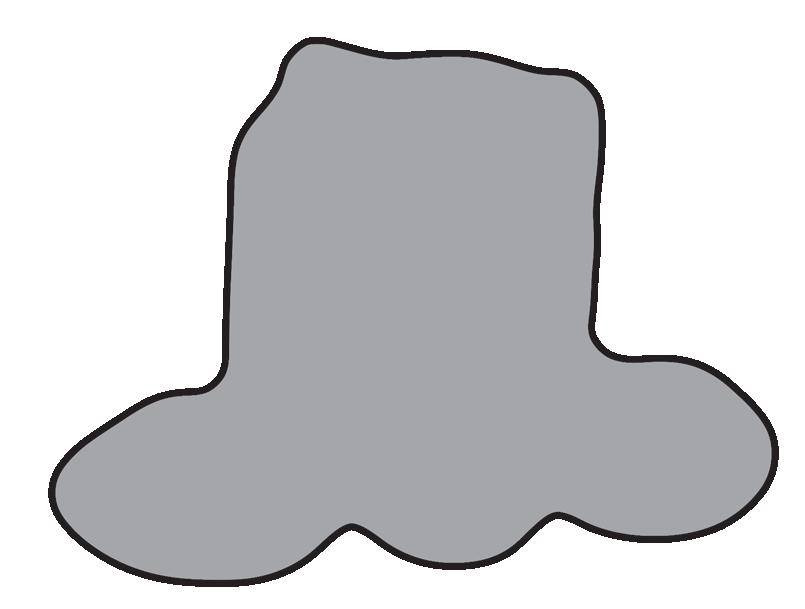
These are the remains of different fruit and vegetables that would have been sold at the market, including many figs.
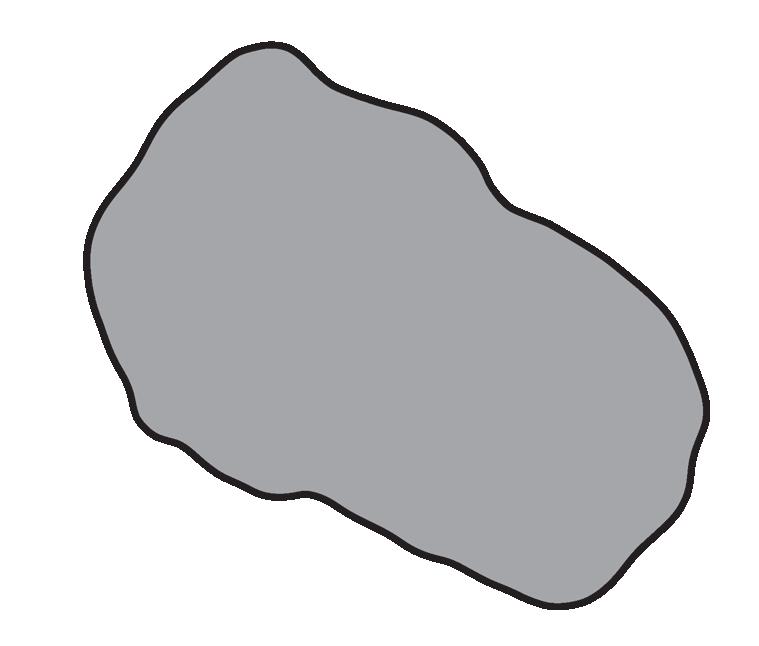
These threads are made from a plant called flax. It was bought and sold to be made into fabric used for clothing.
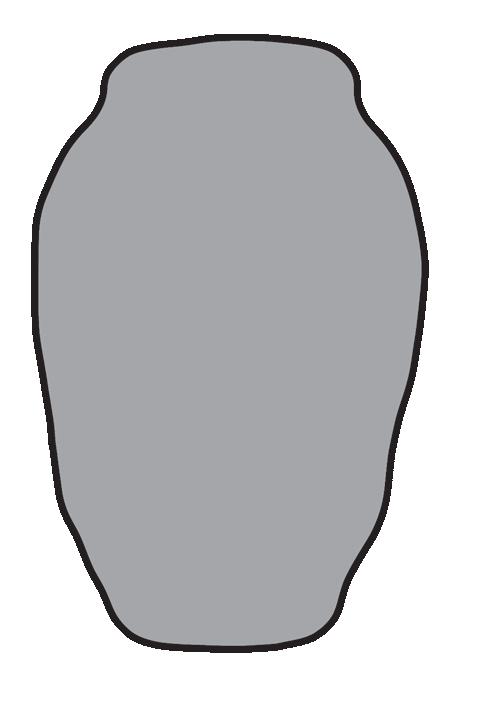
This beer jar would have been used to hold alcohol. Water could be unsafe to drink so beer was very popular!
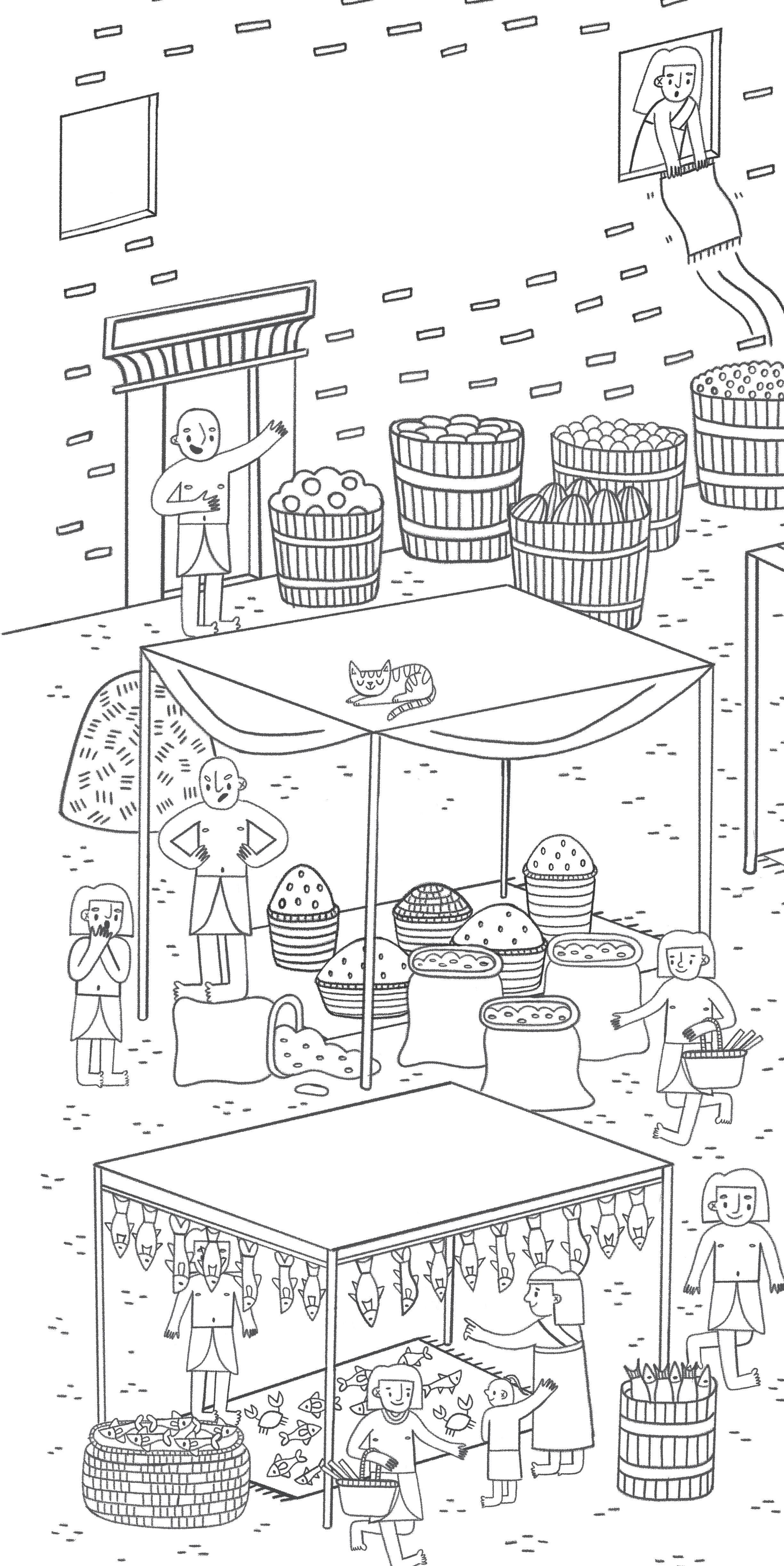
On a busy market day, the ancient Egyptians would buy and sell food and spices. No money had been created at this time, so people swapped items or used small pieces of gold and silver to get what they needed.

As it can get very hot in Egypt, clothes and sandals were comfortably loose and light in colour. Jewellery was worn by everyone, rich and poor – although rich people were buried with particularly fancy gold pieces.


 This gold and glass necklace would have been worn by a rich person.
This gold and glass necklace would have been worn by a rich person.
Bracelets like these were worn on the arms and could be decorated with symbols.

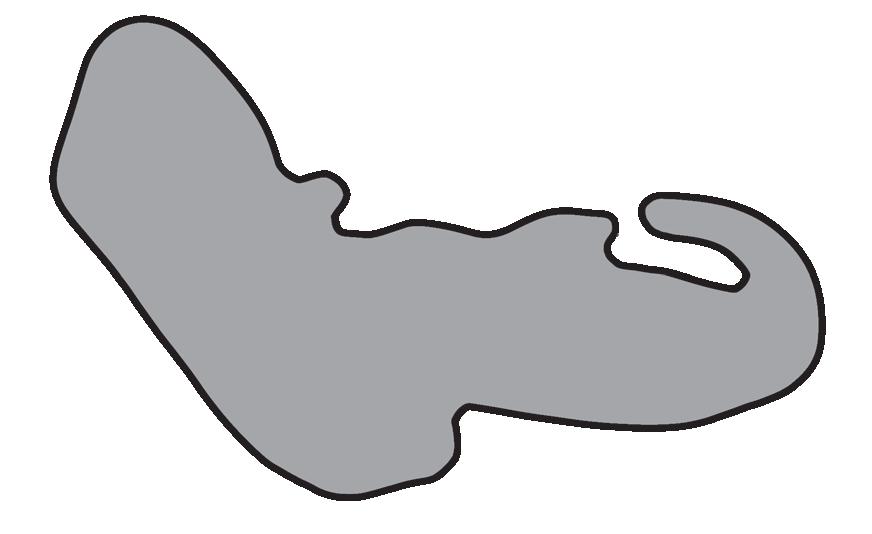
Sandals were often made of reeds and palm leaves that were woven together.
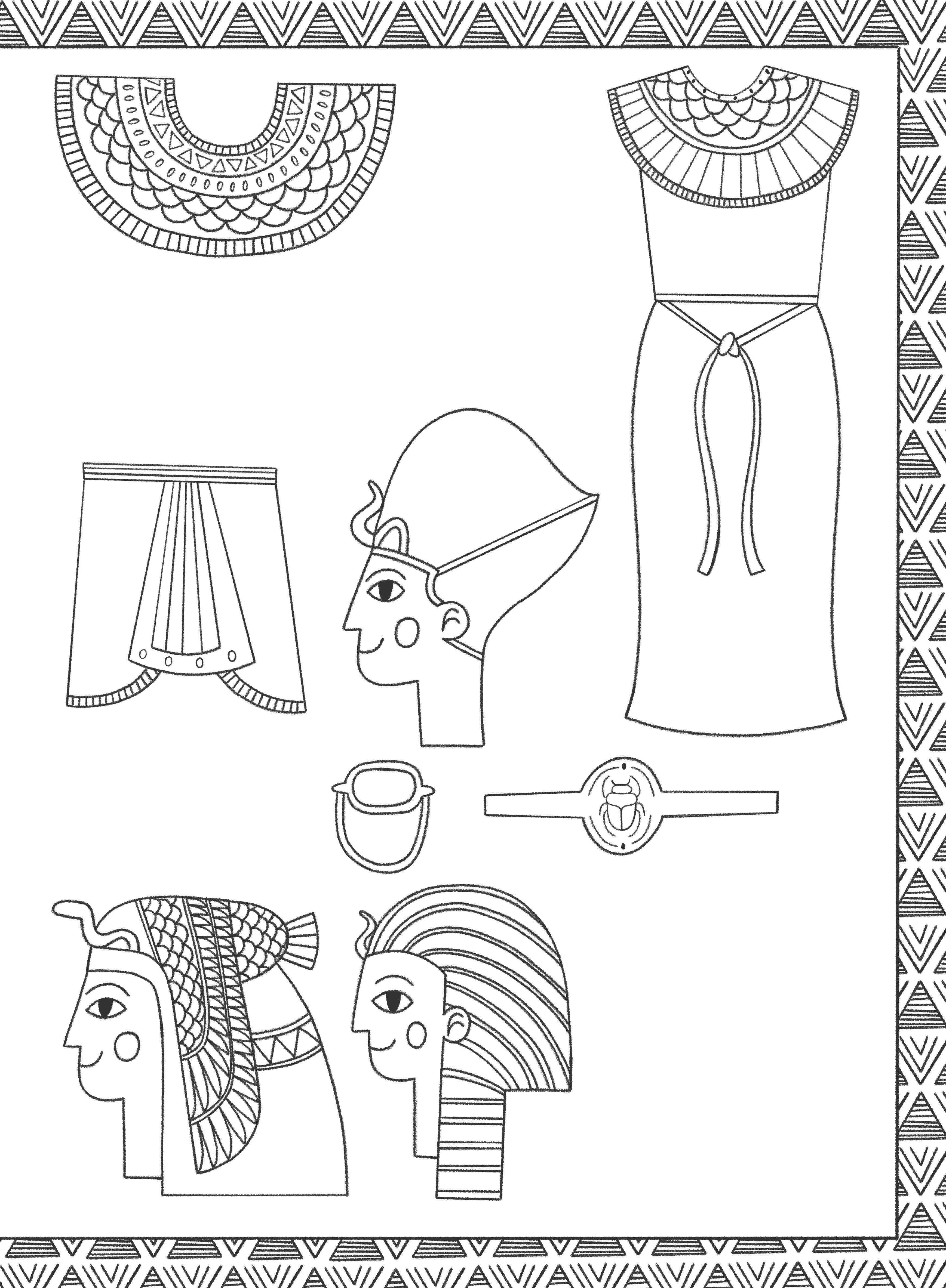
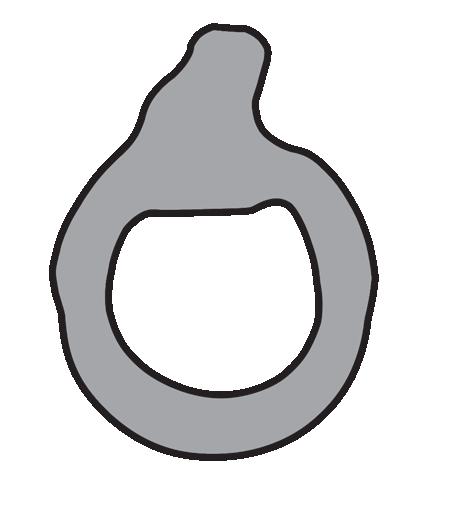
The cat on this ring is made from a red-brown gemstone called ‘carnelian’.

The ancient Egyptians believed that the colourful beads on this necklace help to protect the wearer from harm. They feature animals like baboons and lions, and even body parts like hands and feet!